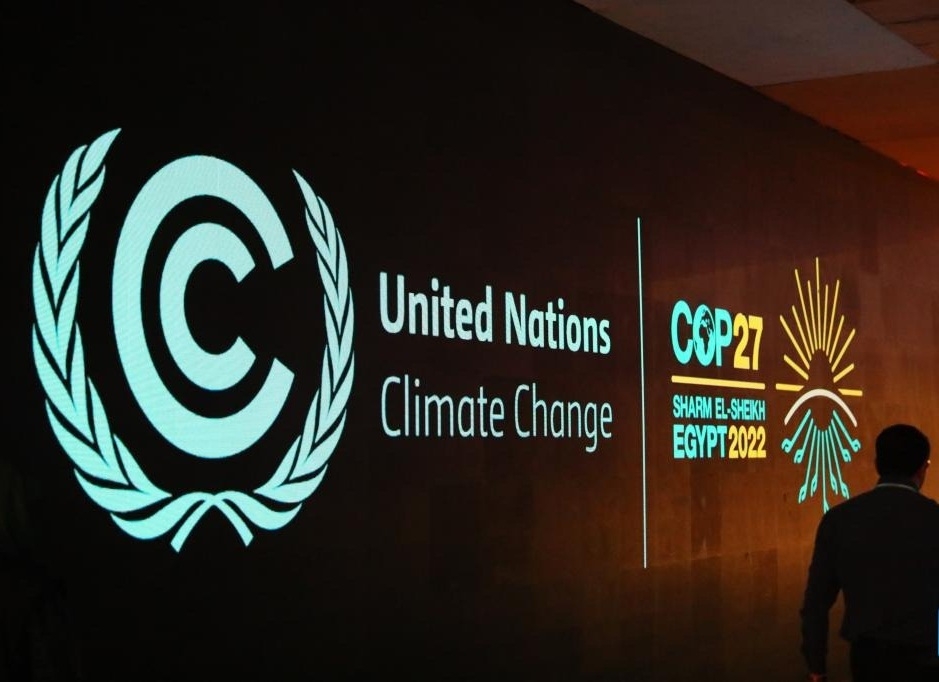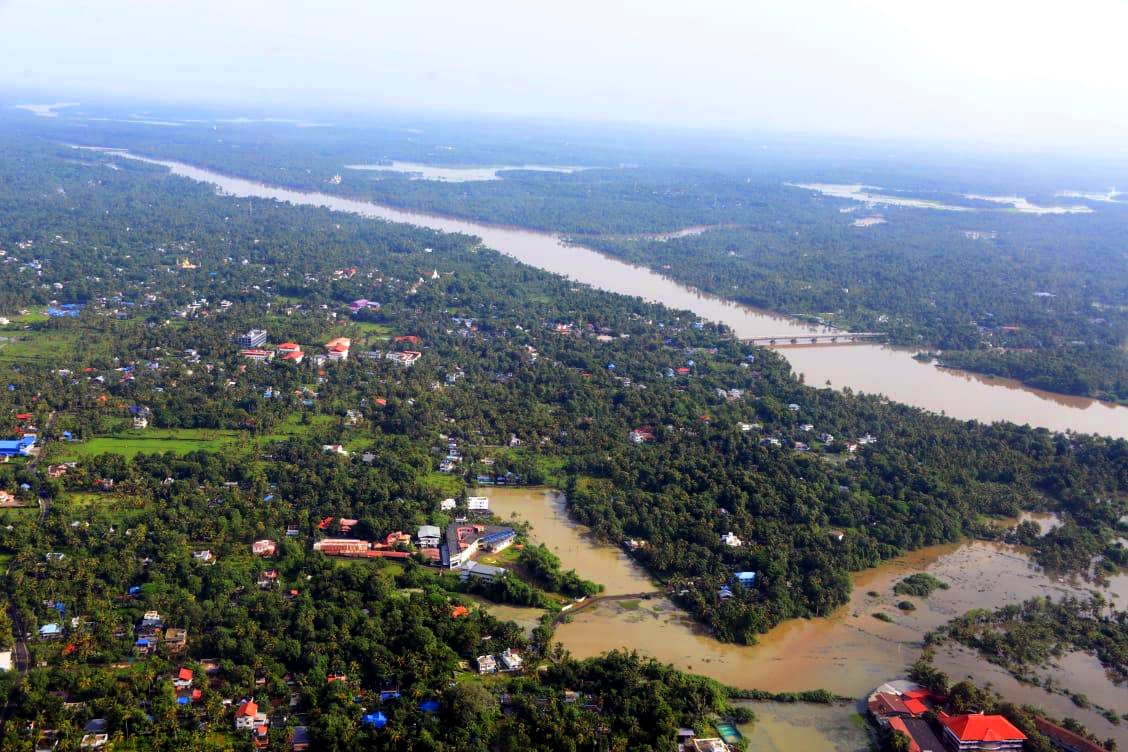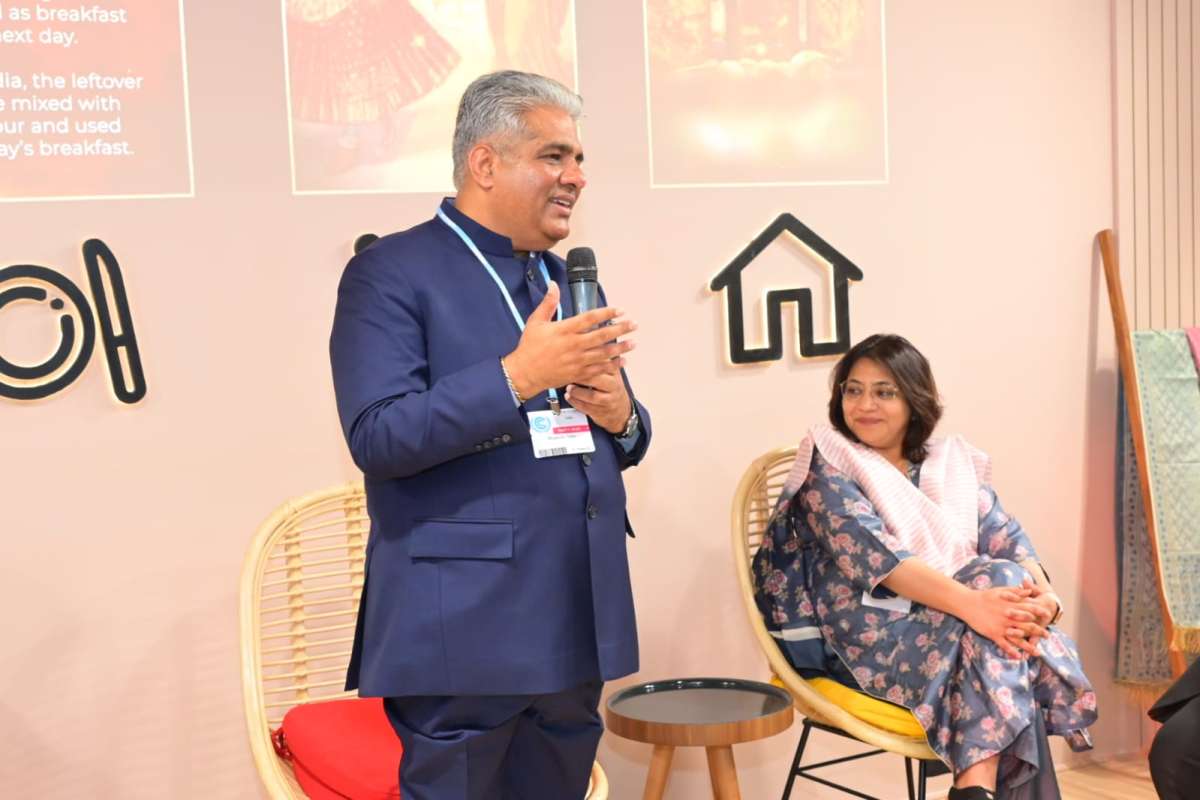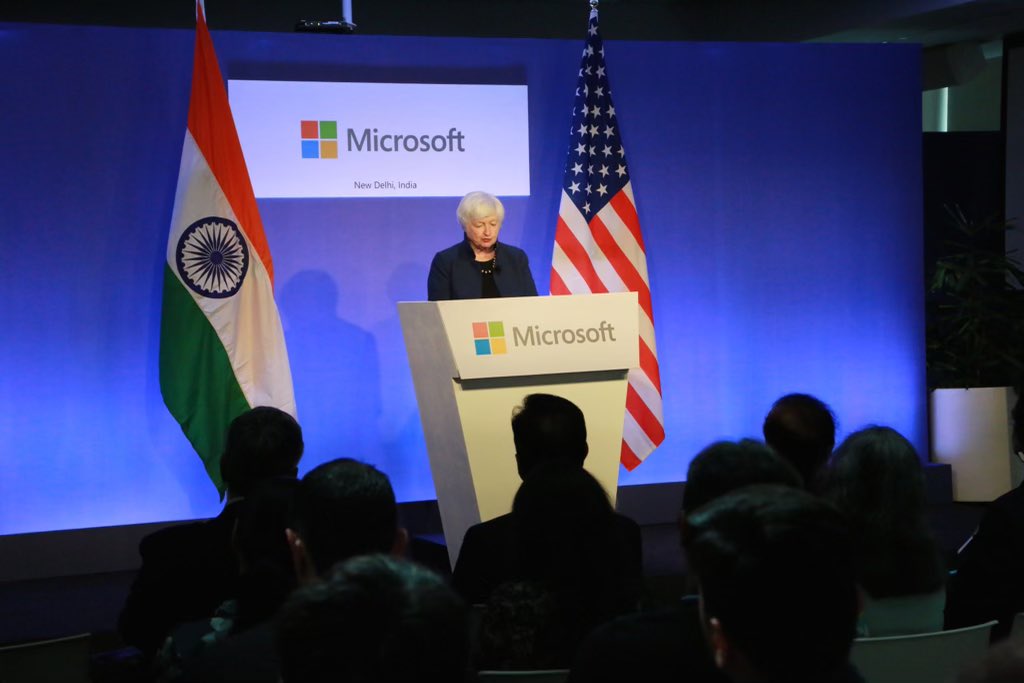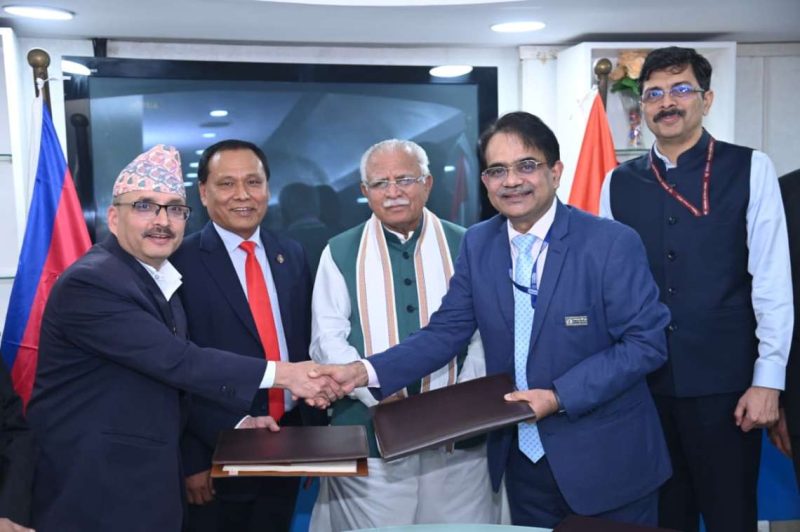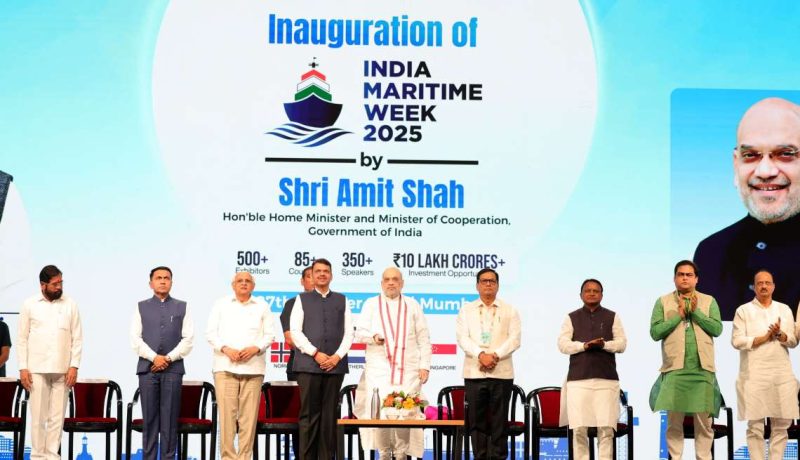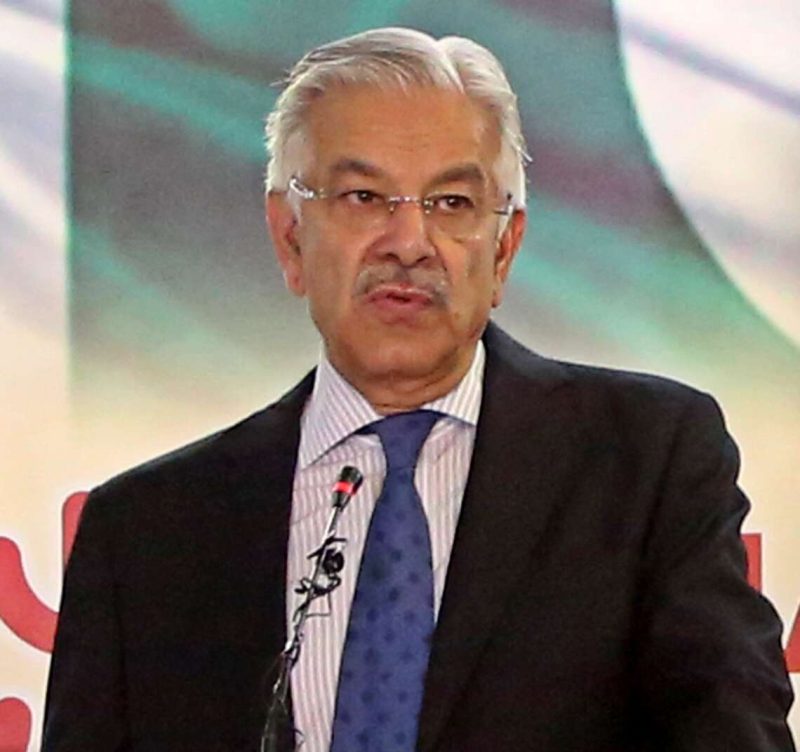These measures are designed to cut energy costs, rapidly reduce emissions and boost food security for billions of people worldwide….reports Asian Lite News
Countries, including India, on Friday launched a package of 25 new collaborative actions to be delivered by COP27 to speed up the decarbonisation under five key breakthroughs of power, road transport, steel, hydrogen and agriculture.
Under the Breakthrough Agenda, countries representing more than 50 per cent of global GDP, set out sector-specific aPriority Actions’ to decarbonise power, transport and steel, scale up low-emission hydrogen production and accelerate the shift to sustainable agriculture by COP28.
These measures are designed to cut energy costs, rapidly reduce emissions and boost food security for billions of people worldwide.
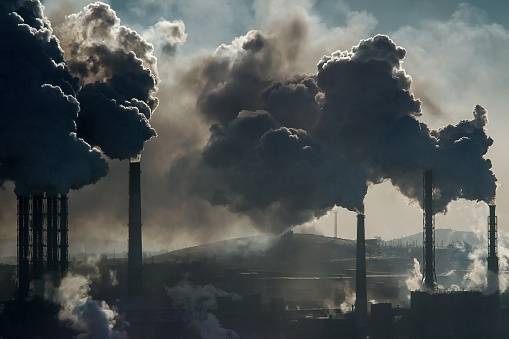
The actions under each breakthrough will be delivered through coalitions of committed countries — from the G7, European Commission, India, Egypt, Morocco and others, supported by leading international organizations and initiatives, and spearheaded by a core group of leading governments.
These efforts will be reinforced with private finance and leading industry initiatives and further countries are encouraged to join.
The Priority Actions include agreements to: Develop common definitions for low-emission and near-zero emission steel, hydrogen and sustainable batteries to help direct billions of pounds in investment, procurement and trade to ensure credibility and transparency.
Ramp up the deployment of essential infrastructure projects, including at least 50 large scale net-zero emission industrial plants, at least 100 hydrogen valleys and a package of major cross-border power grid infrastructure projects.
Set a common target date to phase out polluting cars and vehicles, consistent with the Paris Agreement. Significant backing for the dates of 2040 globally and 2035 in leading markets will be announced by countries, businesses and cities on Solutions Day.

Use billions of pounds of private and public procurement and infrastructure spend to stimulate global demand for green industrial goods.
Systematically strengthen financial and technological assistance to developing countries and emerging markets to support their transitions backed up by a range of new financial measures, including the world’s first major dedicated industry transition programme under the Climate Investment Funds.
And drive investment in agriculture research, development and demonstration (RD&D) to generate solutions to address the challenges of food insecurity, climate change and environmental degradation.


